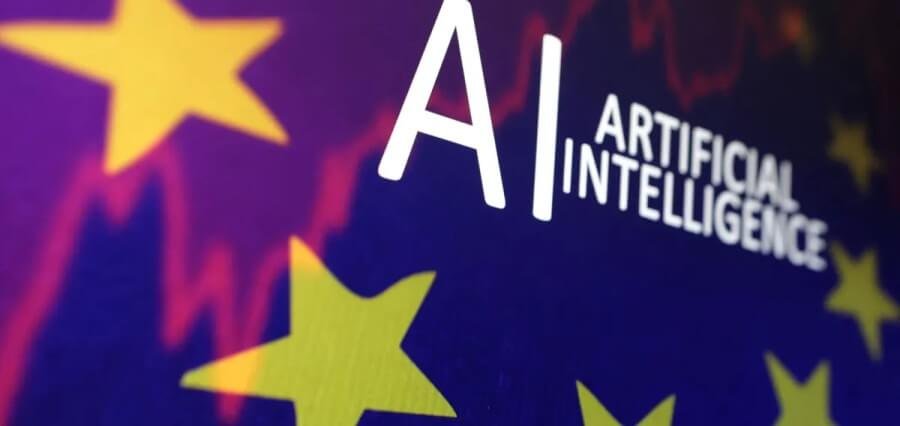The European Union’s groundbreaking Artificial Intelligence (AI) Act officially takes effect today, marking a significant regulatory shift for American technology giants. The AI Act, finalized in May after approval from EU member states, lawmakers, and the European Commission, introduces a comprehensive framework aimed at regulating AI development and application within the EU.
This pioneering legislation, proposed by the European Commission in 2020, seeks to address potential risks associated with AI technologies. The Act’s risk-based approach differentiates regulatory requirements based on the level of risk posed by AI applications. High-risk systems, such as autonomous vehicles, medical devices, and predictive policing, will face stringent obligations, including risk assessment, mitigation, and detailed documentation sharing with authorities. Conversely, applications deemed unacceptable, like social scoring and emotional recognition technologies, are outright banned.
U.S. tech giants—including Microsoft, Google, Amazon, Apple, and Meta—are likely to be most affected, given their dominant role in advanced AI systems and cloud computing. The legislation applies to any organization with operations or impacts within the EU, extending its reach beyond European borders.
Despite the immediate enforcement of the AI Act, many of its provisions will not be operational until 2026. For instance, restrictions on general-purpose AI systems will not commence until 12 months after today, and generative AI systems like OpenAI’s ChatGPT will have a 36-month transition period to achieve compliance.
The EU’s approach reflects a broader strategy to influence global AI practices, akin to its previous efforts with data privacy regulations under the General Data Protection Regulation (GDPR). The European AI Office, established in February 2024, will oversee compliance, with significant penalties for non-adherence—up to 7% of global annual revenue or €35 million, whichever is greater.
As the AI Act sets a precedent for global AI regulation, it may inspire similar frameworks in other jurisdictions, emphasizing the need for interoperability and innovation within a secure regulatory environment.
Read More News @ https://theeuroleaders.com/news/

